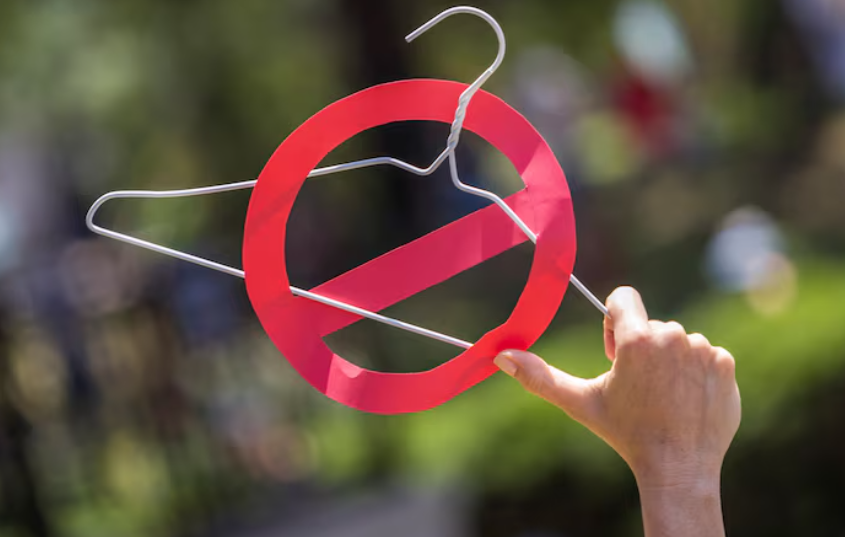On Thursday, the Louisiana Senate approved a bill that will make the state the first in the U.S. to reclassify two abortion-inducing drugs as controlled substances with potential for abuse or addiction. This bill, which now goes to Governor Jeff Landry, would criminalize the unprescribed possession of the abortion pills mifepristone and misoprostol, punishable by one to five years in prison and fines up to $5,000. However, it exempts pregnant women from prosecution.
Lawmakers added the drug classification provisions as an amendment to a broader bill that outlaws “coerced criminal abortion by means of fraud.” This legislation makes it a crime to administer abortion-inducing medication to a pregnant woman without her consent. Louisiana already enforces one of the strictest abortion bans in the nation, only allowing termination of a pregnancy through surgical means or medication when necessary to protect the mother’s life.
The Louisiana House of Representatives passed the bill on Tuesday with a 64-29 vote, and the Senate gave final approval on Thursday with a 29-7 vote. Republicans control both legislative chambers, and Governor Jeff Landry is expected to sign the bill.
The legislation reclassifies mifepristone and misoprostol as Schedule IV drugs under Louisiana law, placing them in the same category as Xanax, Valium, and Ambien. This reclassification marks the first instance in the U.S. where a state classifies abortion medications as controlled substances.
Mifepristone and misoprostol, taken together, allow women to terminate pregnancies at home and account for over half of all U.S. abortions. These drugs also have other medical uses, such as during miscarriages, treating ulcers, and inducing labor.
Other uses affected?
Critics argue that reclassifying these drugs could complicate or delay their non-abortion uses, especially in rural areas with fewer pharmacies and providers stocking controlled substances. The U.S. Food and Drug Administration, which approved the pills for prescription use over two decades ago, states that extensive research has proven their safety and effectiveness when taken as directed.
While some states, including Louisiana, require an in-person visit with a prescribing physician to obtain the drugs, others allow them to be dispensed through pharmacies. Supporters of the reclassification claim it aims to curtail the illicit distribution of the pills, particularly in cases of coerced medication abortions.
Senator Thomas Pressly, the bill’s chief sponsor, named it after his sister, whose then-husband secretly administered abortion drugs he obtained from Mexico into her drinks, causing severe health effects and nearly ending her pregnancy. He later divorced her and was convicted in a domestic violence case, receiving a 180-day jail sentence.
Abortion rights groups criticized the legislation, viewing it as part of a broader Republican effort to criminalize abortion. Petrice Sams-Abiodun, spokesperson for the Gulf Coast branch of Planned Parenthood, stated that the bill “will make pregnancy and childbirth even more dangerous in a state that already suffers from the worst maternal health outcomes in the nation, especially for Black women and people in rural areas.”
In March, the U.S. Supreme Court heard oral arguments in a case regarding how mifepristone is prescribed and distributed. The justices appeared skeptical about siding with anti-abortion groups on the issue.

